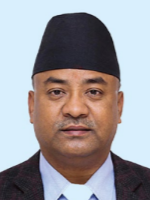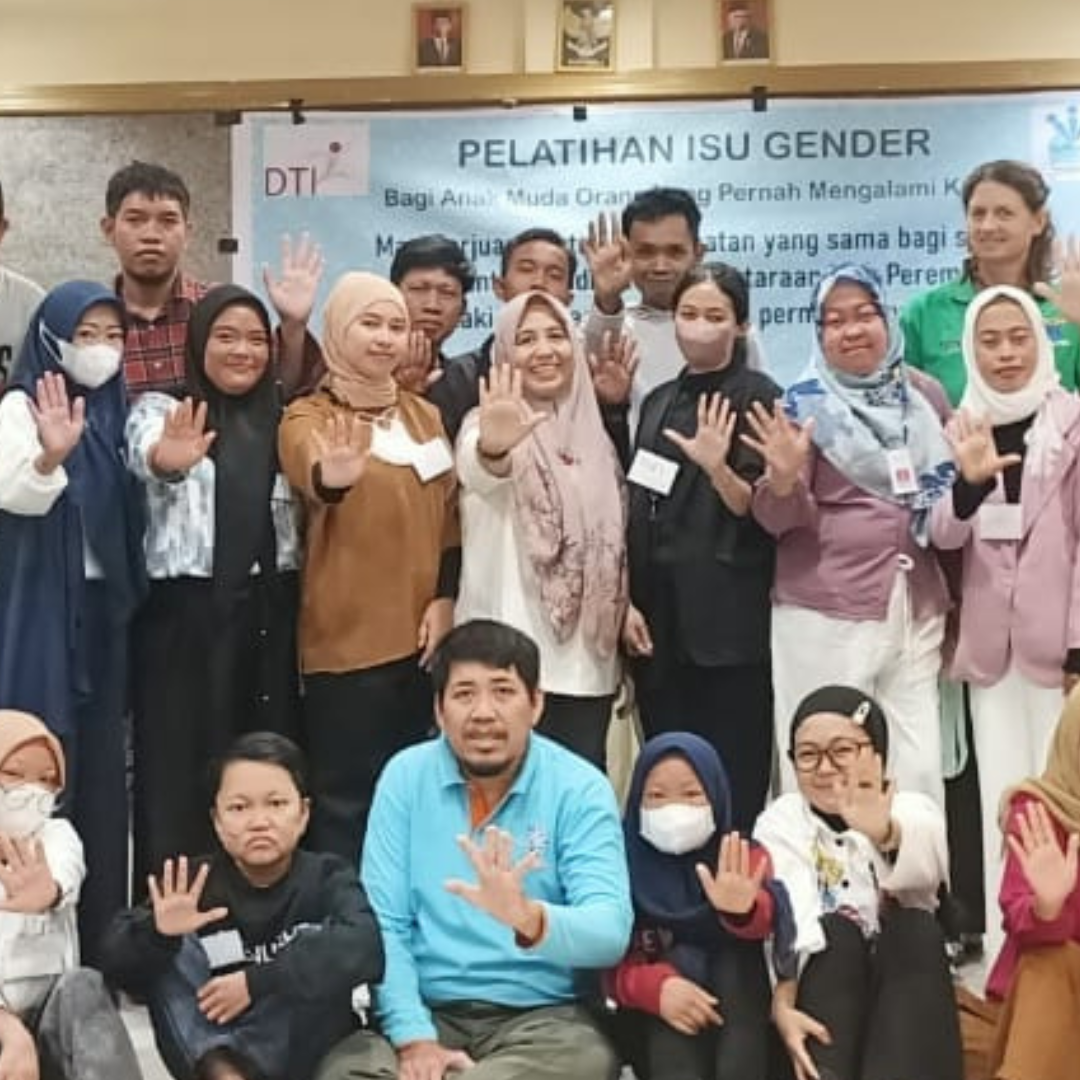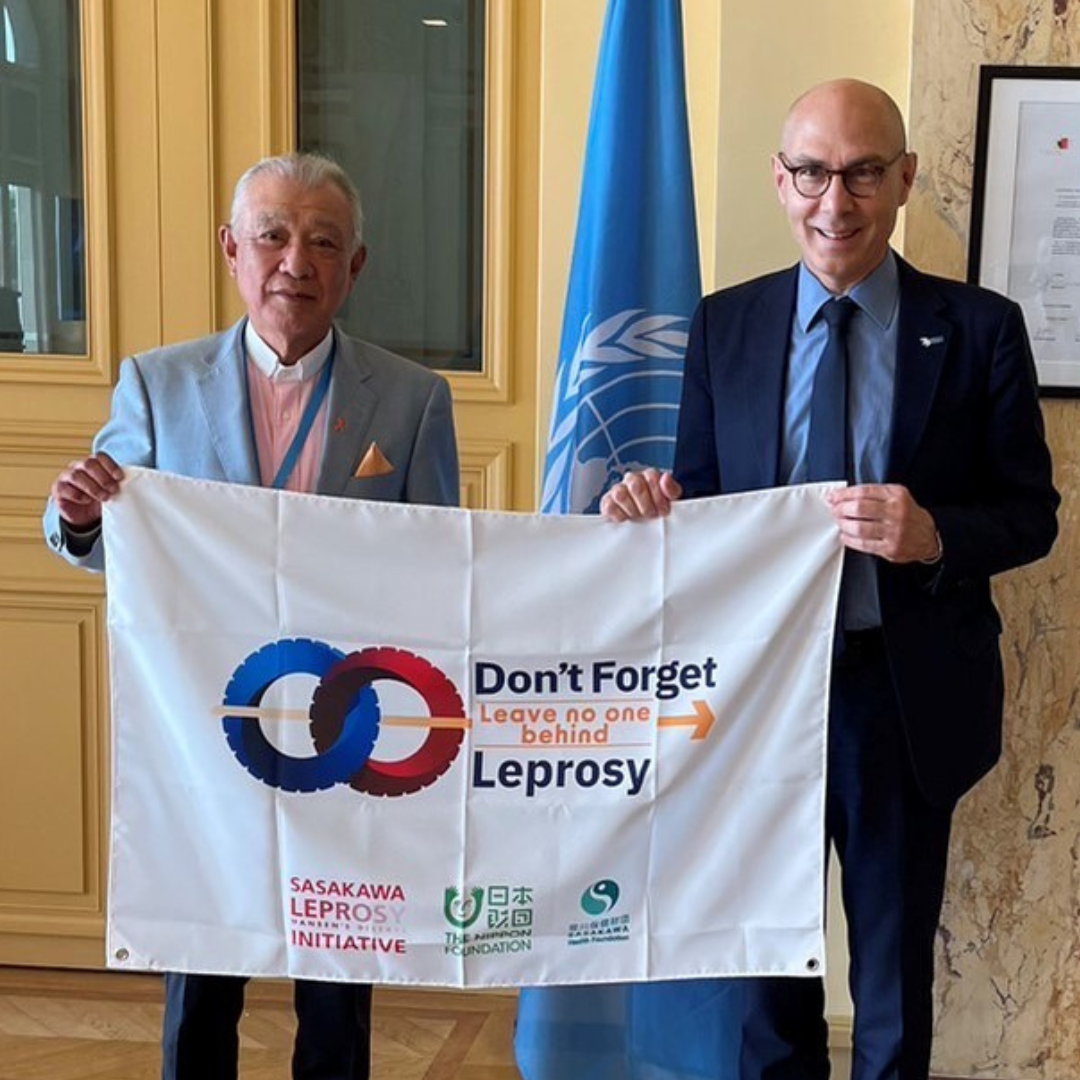
Krishna Man Pradhan
Executive Director, Nepal Law Society
As the Executive Director of the Nepal Law Society (NLS) since 2000, Krishna Man Pradhan has led numerous initiatives aimed at strengthening the rule of law, promoting democracy, and ensuring an independent judiciary.
In Nepal, approximately 200,000 individuals are currently affected by leprosy, with over 2,500 new cases reported annually. The Government of Nepal has committed to achieving a leprosy-free nation by 2030.
Pervasive social stigma associated with leprosy often deters individuals from seeking medical attention, leading to delayed diagnoses and continued transmission of the disease. The government’s limited capacity for providing early detection, diagnosis, continuous treatment, and social rehabilitation, as well as the socio-economic hardships faced by many persons affected by leprosy and their family members, present additional systemic challenges.
The Constitution of Nepal guarantees fundamental rights to all citizens, including the right to live with dignity, equality, freedom from untouchability and discrimination, privacy, health, social justice, and social security. But policymakers, lawmakers, and administrators have seldom recognized leprosy-based discrimination as a violation of constitutional rights. Notably, the Civil Code introduced in 2018 includes a provision allowing leprosy in a spouse to be grounds for seeking divorce, further entrenching stigma and discrimination.
The Nepal Law Society (NLS) – which has been involved for the last four decades in promoting constitutional rights and human rights, in partnership with the government, the parliament, and the judiciary – was itself unaware of the legal situation pertaining to the persons affected by leprosy for far too long.
In 2024, the NLS worked with Sasakawa Health Foundation (SHF) and the Ministry of Health/Prime Minister’s Office to conduct research on the elimination of discrimination against persons affected by leprosy. The NLS conducted a legal review and promoted legal/human rights capacity-building of organizations. The effort involved wide consultations at federal, provincial, and local levels with stakeholders. It was found that most of the policy makers were unaware of continued legal discrimination against persons affected by leprosy.
NLS and SHF followed up by planning and organizing a national conference for shedding public light on the matter. On May 8–9, 2025, the National Conference on the Elimination of Leprosy and the Discrimination against the Persons Affected was held in Kathmandu. The key objectives of the conference included conducting advocacy for the highest political commitment; acceleration of efforts to eliminate leprosy and improved care; and inclusion of persons affected by leprosy.
Prime Minister of Nepal KP Oli was the chief guest. Other participants included the Health Minister, senior officials, senior parliamentarians, and stakeholders from all provinces of Nepal. The Prime Minister addressed the conference and expressed that he, too, was unaware of the continued discrimination against persons affected by leprosy.
The major outcomes of the event included public commitment from the highest level of government about improving not only the care situation but also the legal rights of persons affected by leprosy. The Prime Minister himself said that he will support efforts to bring about necessary legal reforms and urged the Health Minister, parliamentarians, and other stakeholders present at the conference to go ahead. Health Minister Pradeep Poudel expressed full commitment to move an integrated amendment proposal to reform the laws pointed out as discriminatory by NLS/SHF research. The research showed the necessity of reforming eight different laws, including the civil/criminal code.
In short, the conference successfully presented this matter as a national issue, garnered the government’s as well as parliament’s commitment for legal reforms, and brought together all stakeholders. The conference concluded with the issue of a 10-point declaration.
After the event, NLS and SHF started discussing two-year programs that will follow up and lobby for the early conclusion of legal reforms; programs to support the law/policy amendment process; provision of legal aid to persons affected by leprosy on human rights grounds; and continued support for awareness programs.









-1.png)